Brief Summary
This fun course teaches you Tai Chi and Qi Gong moves that help kick upper back pain to the curb! You’ll learn about stress relief, stretching, and how to feel better overall—all with Rami Rones’ expert guidance. Invest just 20 minutes a day for a better you!
Key Points
-
Learn Tai Chi and Qi Gong techniques for back pain relief
-
Focus on deep breathing and meditation to reduce stress
-
Designed for people with neck, shoulder, and upper back issues
-
Guided by Rami Rones with over 30 years of experience
-
Involves practical exercises to prevent future injuries
Learning Outcomes
-
Relieve upper back and neck pain effectively
-
Implement deep breathing for stress reduction
-
Understand the benefits of Tai Chi and Qi Gong
-
Develop a routine to prevent future back issues
-
Enhance your overall mental and physical well-being
About This Course
Learn essential Tai Chi, QiGong, and Mind-Body techniques to relieve, end & prevent upper back pain & other conditions
Do you suffer from upper back, shoulder, or neck pain? Do you experience headaches or migraines? Would you like to find a mind-body intervention to improve your quality of life?
In this course, Ramel (Rami) Rones will guide you through a series of stretches, movements and elements of Tai Chi and Qi Gong that will help you prevent or recover from acute back pain, chronic pain, shoulder and neck issues, headaches and migraines. In addition you will learn the power of deep breathing and meditation which can reduce mental and physical stress. Excellent for people with scoliosis.
Rami has synthesized over 30 years of Tai Chi and mind-body teaching and practice to create his Relieve and End Back Pain courses. You will experience the same teaching he has shared with the thousands of elite athletes, adults, teenagers, “weekend warriors,” martial artists and others to live a more pain free life.
He has designed a number of medical clinical trials such as the investigation of the benefits of Tai Chi and Fibromyalgia, Tai Chi and Knee Osteoarthritis. Much of his research design is also included in this course. His Fibromyalgia and Tai Chi study was published in the New England Journal of Medicine and featured in the New York Times.
You will also benefit from his extensive teaching at the internationally recognized Dana-Farber Cancer Institute, Tufts Medical Center and the Boston Medical Center where he continues to help patients deal with, and recover from, a wide variety of ailments and and the side effects that often occur with various treatments.
Rami’s incredible knowledge, teaching ability and engaging personality makes this course for Upper Back and Neck Pain a joy for anyone interested in improving their physical and mental well-being.
By investing 20 minutes a day you will greatly improve your quality of life and enjoy activities that you have not been able to enjoy.
Relieve and end your upper back pain
Provide the tools that will allow you to live a more enjoyable and pain free life
Prevent future injuries to your upper back, neck and shoulders


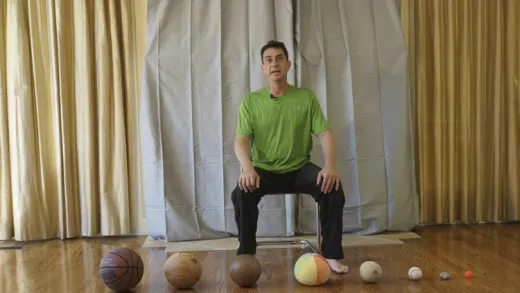
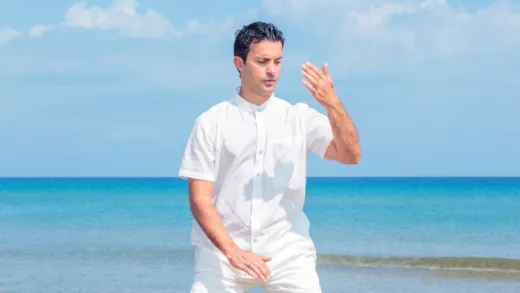
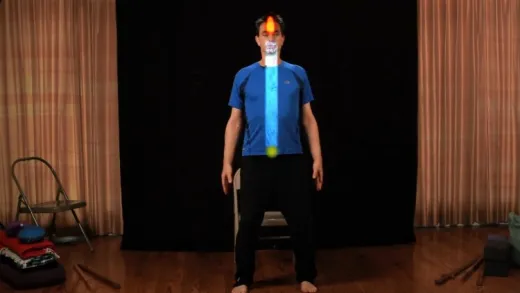
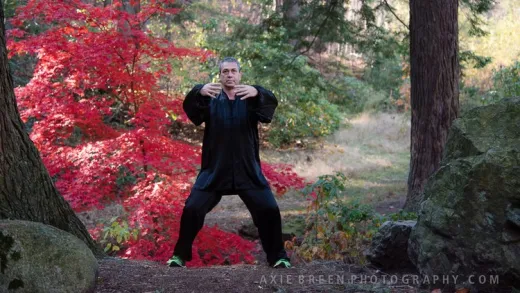
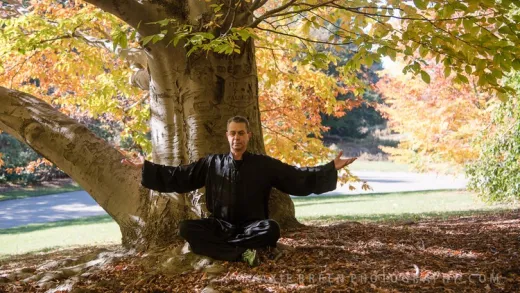
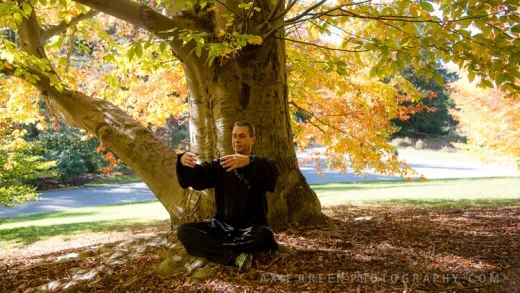

Emmett S.
I enjoyed the course and am doing many of the stretches and moving exercises. They are being helpful in regaining and maintaining flexibility of the upper body which is important when you are in your 80s. I have also included some of the moving exercises into the warmup portion of a Qigong class I lead at a local senior center. The participants have enjoyed them.
I plan to take more of R. Rones videos on Udemy.
I would have given 5 stars except for a few technicalities:
1) It appears some of the instruction and practice videos of another course were used as a model to create this course, perhaps the Lower Back course. There would be times when the video would be talking about the lower back and not the upper back, shoulders and neck.
2) The only downloaded materials I could retrieve were the resume and practice log sheets. Those referenced in the Introduction section were not available, even with the link mentioned in the Q&A.
3) The Closed Captions were pretty good compared to some of the Udemy courses, but there were a few places where it was difficult to decipher a phrase or so.